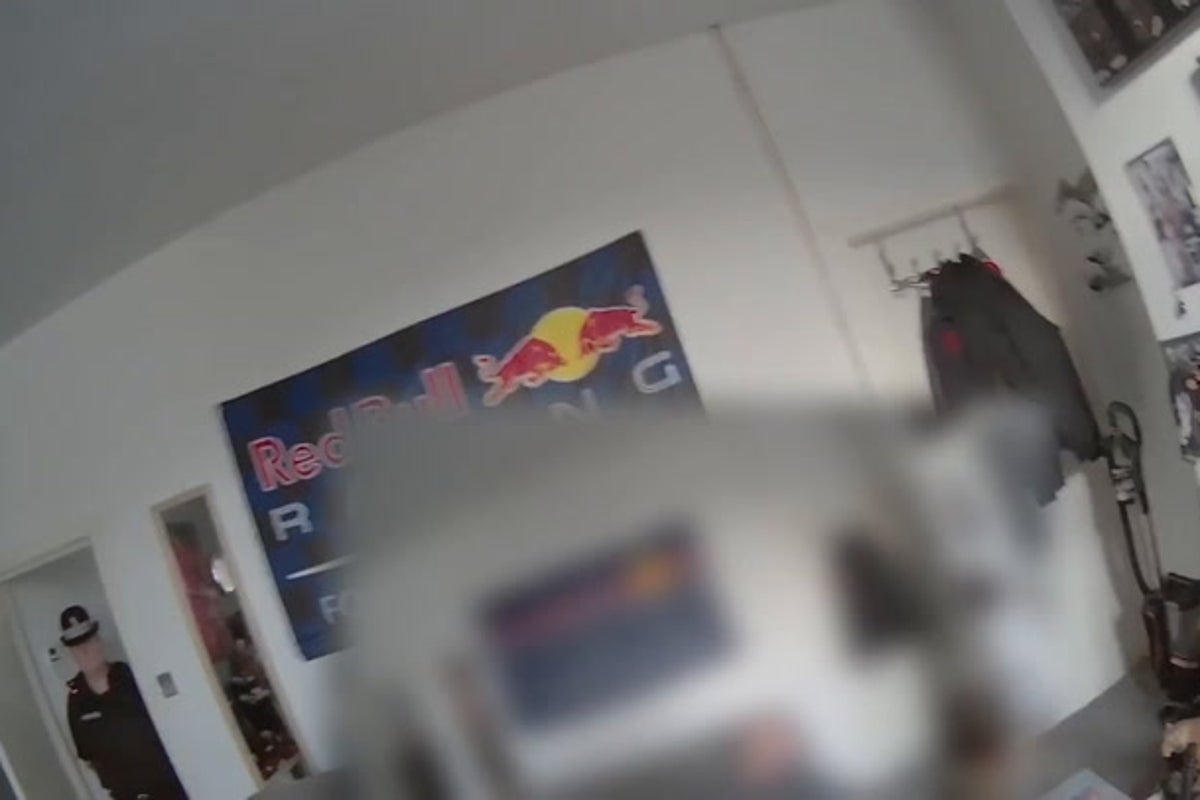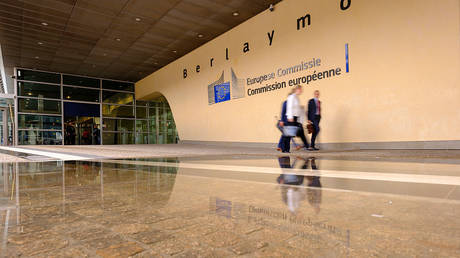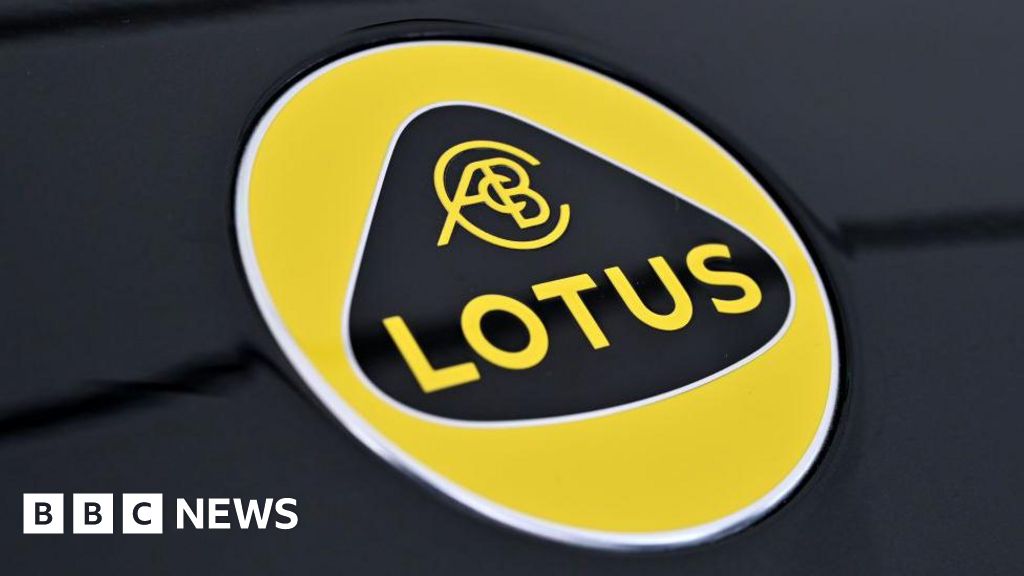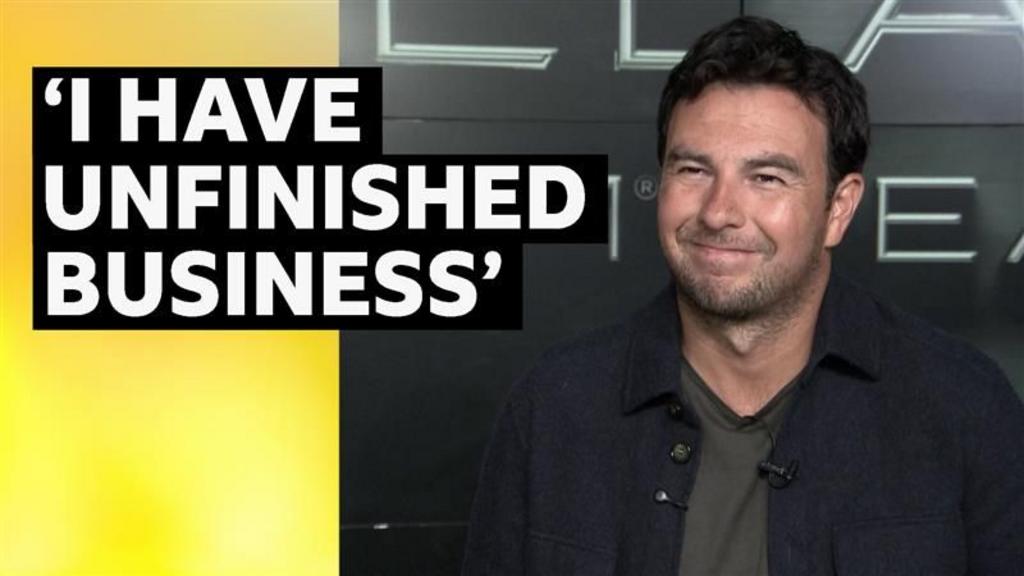How to Start an Upcycling Business: A Complete Guide for Beginners

Key Takeaways

- Understanding Upcycling: Upcycling is the process of transforming discarded materials into higher value products, promoting sustainability and creativity.
- Benefits of Upcycling: This business model reduces waste, improves profit margins through low-cost materials, attracts eco-conscious consumers, enhances branding, and fosters innovation.
- Effective Business Planning: Establish a clear niche, conduct market research, create a comprehensive business plan, and outline funding and operational strategies for success.
- Sourcing Materials: Identify diverse sources for upcyclable materials, engage locally for partnerships, and incorporate sustainable sourcing practices to enhance your brand’s appeal.
- Setting Up Your Workspace: Choose between a home-based or studio workspace, and invest in essential tools and safety equipment to optimize your production environment.
- Marketing Your Business: Build a robust online presence with a professional website and leverage social media platforms to showcase your products and connect with your audience.
Are you passionate about sustainability and creativity? Starting an upcycling business might be the perfect venture for you. With the growing demand for eco-friendly products, turning discarded materials into beautiful, functional items not only helps the planet but also opens up exciting opportunities for profit.
Understanding Upcycling

Upcycling involves transforming discarded materials into new, valuable products. It stands at the intersection of creativity and sustainability, offering small business opportunities for entrepreneurs passionate about eco-friendly practices.
Definition of Upcycling
Upcycling is the process of taking waste materials or old products and redesigning them to create something of higher quality or value. This practice reduces waste, conserves resources, and promotes innovation. Examples include turning old furniture into stylish decor or creating bags from repurposed textiles. Understanding this concept is essential when drafting your business plan and identifying your unique business model.
Benefits of Upcycling
Upcycling offers numerous benefits for your small business:
- Environmental Impact: You help reduce waste and lower carbon footprints while creating demand for sustainable products.
- Cost-Effectiveness: Sourcing discarded materials often costs less than purchasing new ones, improving your profit margin.
- Market Appeal: Eco-conscious consumers seek unique, sustainable items, giving you a clear target audience.
- Branding Opportunities: Aligning your brand with sustainability can enhance your business reputation and attract customers who value social responsibility.
- Innovation and Creativity: The nature of upcycling encourages creative solutions and unique product development, setting you apart from competitors.
Recognizing these benefits can shape your approach to marketing, sales strategy, and customer acquisition efforts, driving growth for your venture.
Business Planning

Effective business planning is crucial for your upcycling venture. Focus on establishing a sturdy foundation that addresses market needs and your operational strategy.
Identifying Your Niche
Identify your niche within the upcycling market to stand out as an entrepreneur. Consider what products you want to create from discarded materials. Look at existing businesses to find gaps that align with your interests and the needs of your target audience. Research current trends in eco-friendly products and sustainable practices. This ensures your offerings resonate with eco-conscious consumers. An example could be creating furniture from reclaimed wood or crafting accessories from fabric scraps. Establishing a clear niche helps define your business model, making customer acquisition and branding easier.
https://www.youtube.com/watch?v=lTT2utfcHF0
Creating a Business Plan
Create a comprehensive business plan to outline your vision and operational strategy. Include sections on market research, financial feasibility, and growth strategy. Start with understanding your target market and analyzing competitors. Estimate startup costs, outline funding options, and project revenue to assess your business idea’s profitability. This plan should detail your legal structure, such as whether you choose to operate as an LLC or a sole proprietorship. Address taxes, accounting, and any necessary permits or licenses specific to upcycling.
Incorporate sections for marketing strategies, such as digital marketing and social media engagement, to boost your online presence. Plan product development, emphasizing innovation to keep your offerings fresh and appealing. Regularly review your business plan to adjust goals based on market feedback and performance, ensuring your venture remains scalable.
Sourcing Materials

Sourcing materials plays a pivotal role in your upcycling business. Identifying quality items and adopting sustainable practices can significantly impact your venture’s success.
Finding Upcyclable Items
- Seek upcyclable items from diverse locations. Thrift stores, garage sales, and yard sales often offer unique finds. Online marketplaces like Facebook Marketplace and eBay provide additional options for sourcing materials.
- Connect with local businesses to obtain their waste materials. For instance, cafes can give you coffee grounds, while cold-pressed juice companies may discard juice pulp. These partnerships not only supply resources but also enhance community engagement around your brand.
- Explore antique shops, charity stores, and second-hand outlets. These places usually feature distinctive items that can fuel your creativity and innovation in product development.
Sustainable Sourcing Practices
- Collaborate with your community by organizing donation drives. Collecting used items strengthens community ties and expands your network. This approach supports customer acquisition and builds a loyal customer base.
- Utilize wholesale marketplaces that specialize in upcycling supplies. These platforms often cater to small businesses and provide access to a wide range of materials, ensuring you can efficiently find what you need.
- Implement sustainable practices throughout your sourcing process. Prioritize eco-conscious materials that align with your business goals. This commitment to sustainability enhances your branding and appeals to your target audience, creating a competitive edge in the market.
By focusing on sourcing and sustainability, you establish a strong foundation for your upcycling business that supports growth and innovation.
Setting Up Your Workspace

Creating an effective workspace is essential for launching your upcycling business. Your workspace can significantly impact productivity and project outcomes.
Home-Based vs. Studio Space
- Home-Based Workspace: Operate your upcycling business from home to minimize startup costs. Ensure you designate a well-ventilated area like a garage or spare room, keeping it separate from daily living spaces. This setup supports flexibility while managing your initial investment. With effective time management, you can balance personal and professional commitments.
- Studio Space: Consider renting a studio or workshop for growth and expansion. Rental prices typically range from $500 to $2,000 per month, based on location and facilities. A dedicated space allows access to larger tools and an optimized environment for production. Assess space and budget constraints before making a decision.
Essential Tools and Equipment
Investing in the right tools is critical for your upcycling business success. Here’s a list of essential equipment:
- Basic Hand Tools: Acquire tools like scissors, pliers, and screwdrivers to manipulate materials.
- Power Tools: Include tools such as saws and drills for more complex projects.
- Work Surfaces: Secure durable tables or benches for crafting and assembling items.
- Storage Solutions: Use bins and shelves to organize materials and finished products.
- Safety Gear: Equip yourself with gloves and goggles to ensure safety during projects.
Selecting quality tools and equipment enhances your efficiency, boosts innovation, and supports product development. Each piece affects your workflow, contributing to business growth and effectiveness in meeting customer needs.
Marketing Your Upcycling Business

Marketing plays a vital role in ensuring your upcycling business reaches the right customers. Focusing on building an online presence and utilizing social media effectively enhances visibility and customer acquisition.
Building an Online Presence
Establishing a strong online presence is essential for your upcycling business. Create a professional website that showcases your products, tells your story, and includes e-commerce functionality. Utilize SEO strategies to improve your site’s visibility in search engines, helping potential customers find your business more easily. Implement content marketing tactics, such as blogs or videos, to educate your audience about the benefits of upcycling and share tips on sustainable living. This approach fosters brand loyalty and positions you as an authority in the market.
Utilizing Social Media
Leveraging social media platforms helps you connect with your target audience directly. Platforms like Instagram and Pinterest allow you to visually showcase your upcycled products, engaging users with attractive images and captivating stories. Craft regular posts that highlight new offerings, behind-the-scenes processes, and customer testimonials to build a community around your brand. Use targeted advertising to reach potential customers, ensuring your marketing efforts extend beyond your immediate circle. Consistent interaction with followers boosts engagement and drives traffic to your website, contributing to your overall growth strategy.
Conclusion

Starting an upcycling business is not just a creative endeavor; it’s a chance to make a positive impact on the environment while building a profitable venture. By focusing on sustainability and innovation, you can tap into a growing market of eco-conscious consumers eager for unique products.
As you embark on this journey, remember to plan effectively and identify your niche. Utilize sustainable sourcing and establish a workspace that suits your needs. With the right tools and marketing strategies, you can create a brand that resonates with your audience and stands out in the marketplace.
Embrace the challenges and rewards of upcycling, and you’ll find that this business can be both fulfilling and successful.
Frequently Asked Questions

What is upcycling?
Upcycling is the process of taking discarded materials or old products and transforming them into new, valuable items. This practice helps reduce waste, conserve resources, and promotes creativity and innovation while creating unique products that can be sold.
Why start an upcycling business?
Starting an upcycling business appeals to those passionate about sustainability and creativity. It allows you to contribute positively to the environment while tapping into a growing market of eco-conscious consumers looking for unique, eco-friendly products.
How do I create a business plan for upcycling?
To create a business plan for your upcycling venture, research current market trends, identify your niche, estimate startup costs, and outline funding options. Incorporate marketing strategies, such as digital marketing and social media engagement, to enhance your online presence and appeal to your target audience.
Where can I find materials to upcycle?
You can source upcyclable materials from thrift stores, local businesses, community donation drives, and online marketplaces. Building relationships with local communities can strengthen your brand and provide a steady supply of materials.
What tools do I need to start an upcycling business?
Essential tools for an upcycling business include basic hand tools, power tools, work surfaces, storage solutions, and safety gear. Investing in quality tools will enhance productivity and support efficient product development.
How important is marketing for an upcycling business?
Marketing is crucial for any upcycling business to reach the right customers. Establish a strong online presence with a professional website, use SEO strategies, and engage audiences through social media platforms like Instagram and Pinterest to showcase your products and build a community.
Can upcycling be profitable?
Yes, upcycling can be profitable, especially with an increasing demand for eco-friendly products. By transforming waste into attractive, functional items, entrepreneurs can not only support sustainability but also find unique profit opportunities in niche markets.
Image Via Envato
This article, "How to Start an Upcycling Business: A Complete Guide for Beginners" was first published on Small Business Trends
What's Your Reaction?
 Like
0
Like
0
 Dislike
0
Dislike
0
 Love
0
Love
0
 Funny
0
Funny
0
 Angry
0
Angry
0
 Sad
0
Sad
0
 Wow
0
Wow
0





























































































